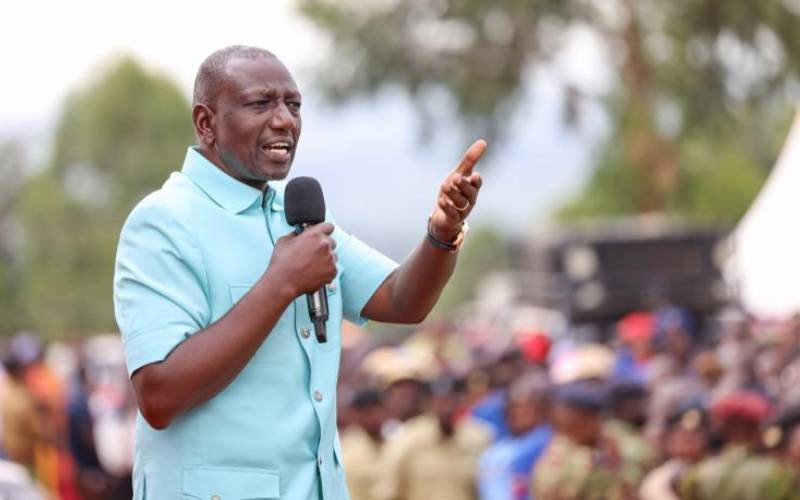
The Social Health Insurance Bill is set to be tabled in parliament on Tuesday following the conclusion of public participation.
The Bill is amongst a raft of pieces of legislation that the Executive hopes will be enacted ahead of the launch of the Universal Health Care (UHC) programme next month.
The Social Health Insurance Bill is seeking to establish the Social Health Insurance Fund that will take over from the National Hospital Insurance Fund (NHIF) and its implementation could see Kenyans pay more in taxes to finance the provision of health services envisioned under the act.
The Social Health Insurance Fund that will be used for preventive and promotive and primary care services at community, dispensary and health center levels and build a chronic illness and emergency fund that provides for chronic illnesses has a raft of proposals that will rattle Kenyans.
To actualize this, the government will be seeking to deduct 2.75% of the gross pay of her taxpayers to raise the money needed. Those eligible to contribute are every household, non-Kenyan residents residing in Kenya for a period exceeding one year, the national government, the county government and any other employer.
The government’s plan to provide these health services will also depend on accurate data of citizens eligible to benefit. This data collection exercise will also be tied to the provision of basic health care by the community health promoters.
“We are starting the journey to register every household in Kenya so that we can have the information on the health requirements, conditions on the prevalence of whatever disease in every part of Kenya, so that our health facilities and delivery will not be based anymore on guesswork but will be based on information collected by our community health promoter,” said President Ruto.
The Community Health Promoters undertaking the exercise are set to be provided with a stipend from both the national and county governments.
There have been murmurs of discontent from county governments over this arrangement, with the lack of uniformity in payment of the stipends and the fears that the national government may not honor its pledge, leaving counties with extra bills that are unbudgeted for.






